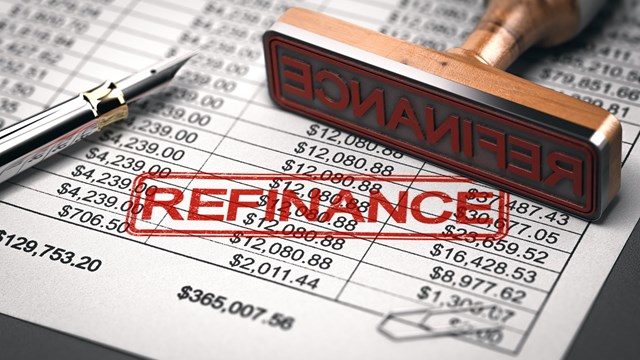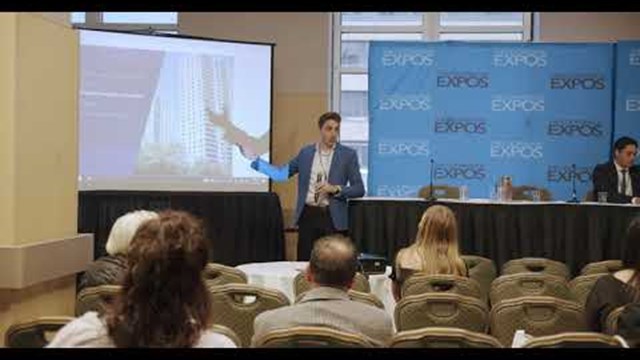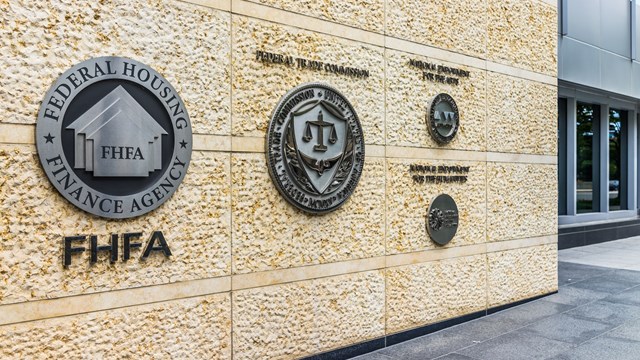As a financial professional who has served metropolitan New York's cooperative community for over 25 years, I must say that this is probably the most challenging time in recent history. Everywhere we turn, rapidly escalating costs coupled with increased regulatory requirements result in never-ending work for board members.
Consider the following:
The first crisis in recent years was September 11, 2001, which drove insurance prices out of sight. Unfortunately, for the most part, premiums have remained at unprecedented highs.
Then fuel prices started to rise. Many board members considered the spike to be isolated and temporary. But global events, coupled with the coldest weather we have had in many years, have actually increased fuel prices.
Here at home, in December 2004, the Service International Employees Union Local 32B/32J, the predominant union representing employees in the housing industry, raised health fund contributions by 25 percent. That equals more than $2,000 per employee on top of increases for other benefits. Nor were non-union buildings immune, as they too faced astronomical increases in health insurance for their workers.
As I write this, real estate tax assessments are rapidly escalating in certain areas of the city, while we now have at least eight different real estate tax abatement programs that most individuals and board members find impossible to understand.
Finally, there is the ever-present reality that buildings get older with each passing year, and significant dollars must be allocated for both routine maintenance and major repairs.
Taken together, the above points demonstrate how and why the cost of housing is rocketing out of control, and why the tasks of their fiduciary responsibility are an almost unbearable obligation for board members.
So what do we do next? The solution in my mind must be an organized, impartial and deliberate approach to building finances. My experience informs me that many current board members need to be educated or re-educated about building finances, about their responsibilities, and about how they need to execute their duties. Now, some will say that disclosing all that is involved with being a board member may dissuade potential volunteers from stepping forward and may, in fact, cause some current board members to resign. That indeed may be the case. But experience also tells me that with the right procedures and controls in place, and especially with a well-educated board populated by individuals who know exactly what they're about a building can run like a finely-oiled machine. And even good machines need maintenance and repair from time to time.
Recently, I was involved in a meeting at a cooperative where, after lengthy discussion and much reluctance, the board made the difficult decision to both increase maintenance and levy a necessary assessment. One board member then asked, "Now what do I tell my annoying neighbor when he tells me we are putting him in the poor house?" Another board member immediately jumped in with what I thought was the perfect answer. "Tell him, ‘You elected me to represent you and to do what is right for the building as a whole. It's unfortunate that we have to raise maintenance and assess shareholders, but it is necessary in order to maintain the building for the benefit of all.'"
There is no question that requiring shareholders to pay additional maintenance is a difficult decision. Reality dictates, however, that such an increase is now almost universally necessary. And, the longer a board waits to face this reality, the more difficult the decision will become, the less money the cooperative will have to operate with and the more problems will accrue as a result of this procrastination. The fact is, deficits don't ever disappear without proactivity, and it is always more difficult to make up lost ground when the difficult decisions are deferred.
Now, with regard to refinancing as a possible solution to budgetary concerns, it is true that interest rates have been very favorable in recent years, allowing many buildings to refinance and generate additional funds or in some cases reduce mortgage payments. Certainly, board members ask me frequently if I think they should refinance considering how low interest rates are. But unfortunately, many times the answer should be no! Refinancing involves much more than interest rates alone, and rushing to refinance just because rates are low can be catastrophic when it is discovered a few years afterwards, for example, that additional funds are needed for some major capital project.
I reiterate that the solution to many of these challenges is proper board education and planning. Just recently, when I asked a board member if he had seen an item on a management report, he replied that he doesn't look at the reports because "they are too hard to understand." Such an attitude is unacceptable.
It is imperative that boards become completely conversant with their building's finances, and that they access and rely on their professional team to guide them and to fill the gaps. It is critical at all times that boards as a whole watch all of the details and never assume that things are going well; unfailingly, complacency breeds problems while constant vigilance is the best defense against them. And it is absolutely essential that a board commit itself to periodic education and re-education so that new board members are brought up-to-speed and seasoned board members are reminded of the fundamentals.










Leave a Comment